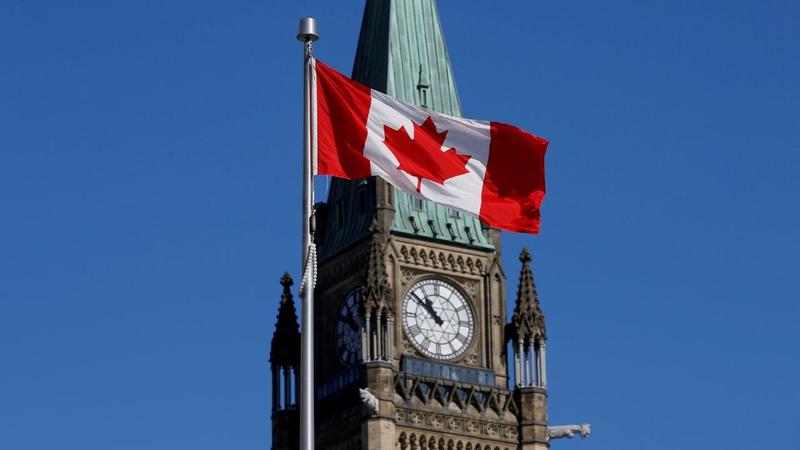Published 17:52 IST, September 10th 2024
Bank of Canada says trade disruptions could hinder inflation fight
Inflation in Canada has been consistently falling this year, pushed down by interest rates that were at a two-decade high of 5% for more than a year.

Global trade disruptions could make it harder for the Bank of Canada to consistently meet its 2 per cent inflation target, and it will have to balance the risks of controlling higher prices with ensuring economic growth, Governor Tiff Macklem said on Tuesday.
Inflation in Canada has been consistently falling this year, pushed down by interest rates that were at a two-decade high of 5 per cent for more than a year before the central bank cut rates three times in a row from June.
Macklem said with globalization slowing, the cost of global goods might not decline to the same degree and this could put more upward pressure on inflation.
"Trade disruptions may also increase the variability of inflation," he said in a speech to the Canada-UK Chamber of Commerce in London, citing the effect that supply shocks can have on prices.
"Trade disruptions may mean larger deviations of inflation from the 2 per cent target."
This means the bank is focusing on risk management to balance inflation and growth and investing to better understand global supply chains, he said.
Overall inflation in Canada in July fell to a 40-month low of 2.5 per cent.
Canada is a small open economy which relies heavily on trade and is therefore particularly vulnerable to disruptions.
Supply shocks such as the one seen during the pandemic are creating a difficult trade-off for central banks since monetary policy cannot stabilize growth and inflation at the same time, Macklem said.
"We're updating our models to use scenarios when periods of uncertainty make central forecasts less reliable," said Macklem, adding that the bank was using more micro-data to track and understand the consequences of trade and industrial policy.
Canada needs to be ready for the trade disruptions that seem inevitable amid a changing trade landscape, he said. It has to ensure inflation is "low, stable and predictable even as global trade is being rewired, recast and redirected."
He said while the BoC does not set trade policy, it needs to understand shifts in global trade because they affect Canadians and drive costs and inflation.
The BoC in June became the first G7 central bank start to trim borrowing costs as inflation continued to stay within its target range of 1-3 per cent since this year. The bank has cut its key policy rate by 75 basis point to 4.25 per cent this year.
Updated 17:52 IST, September 10th 2024




